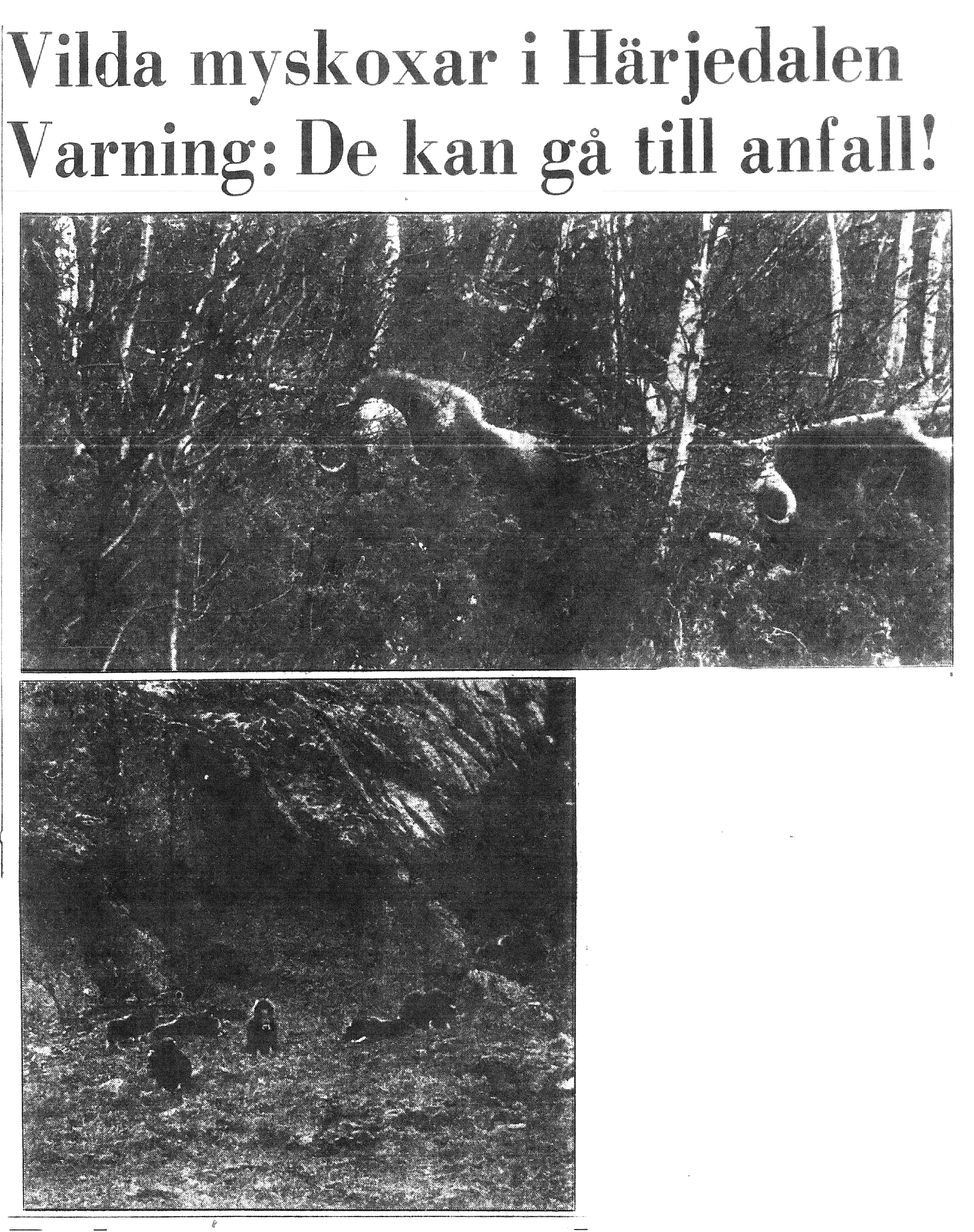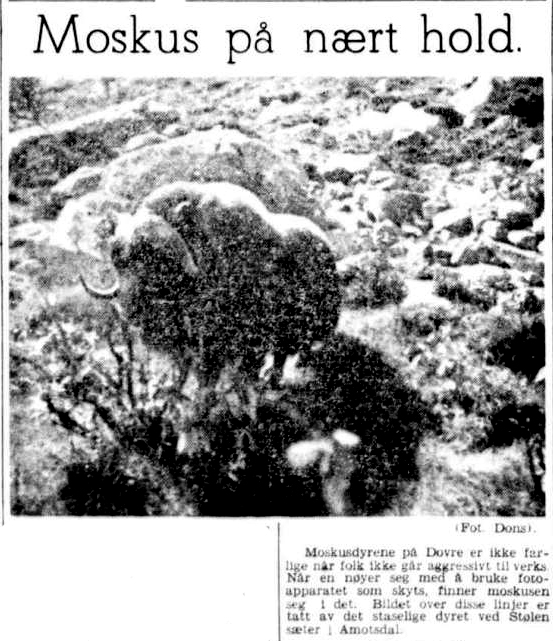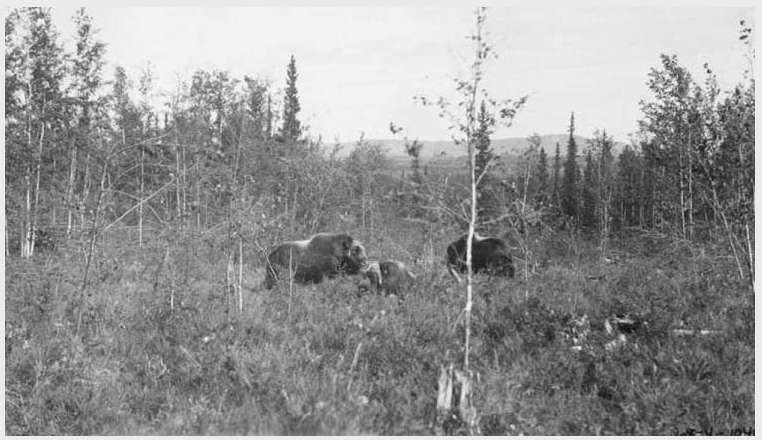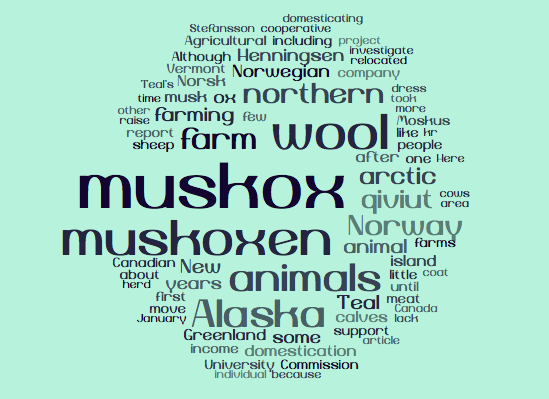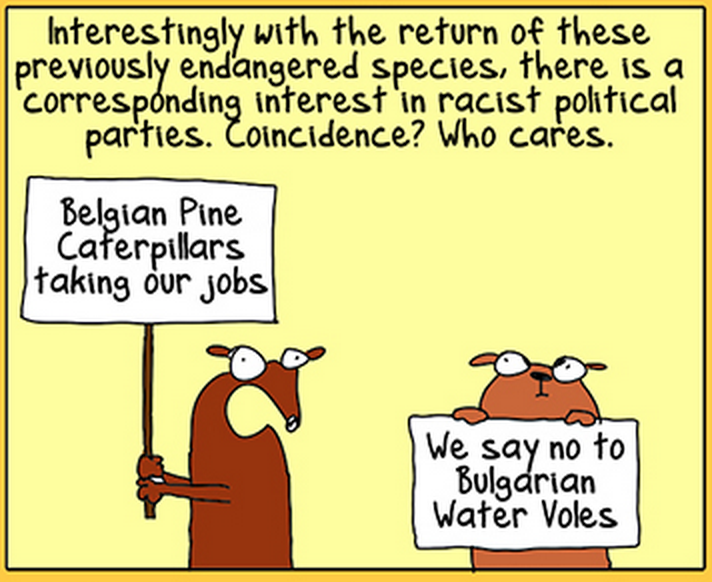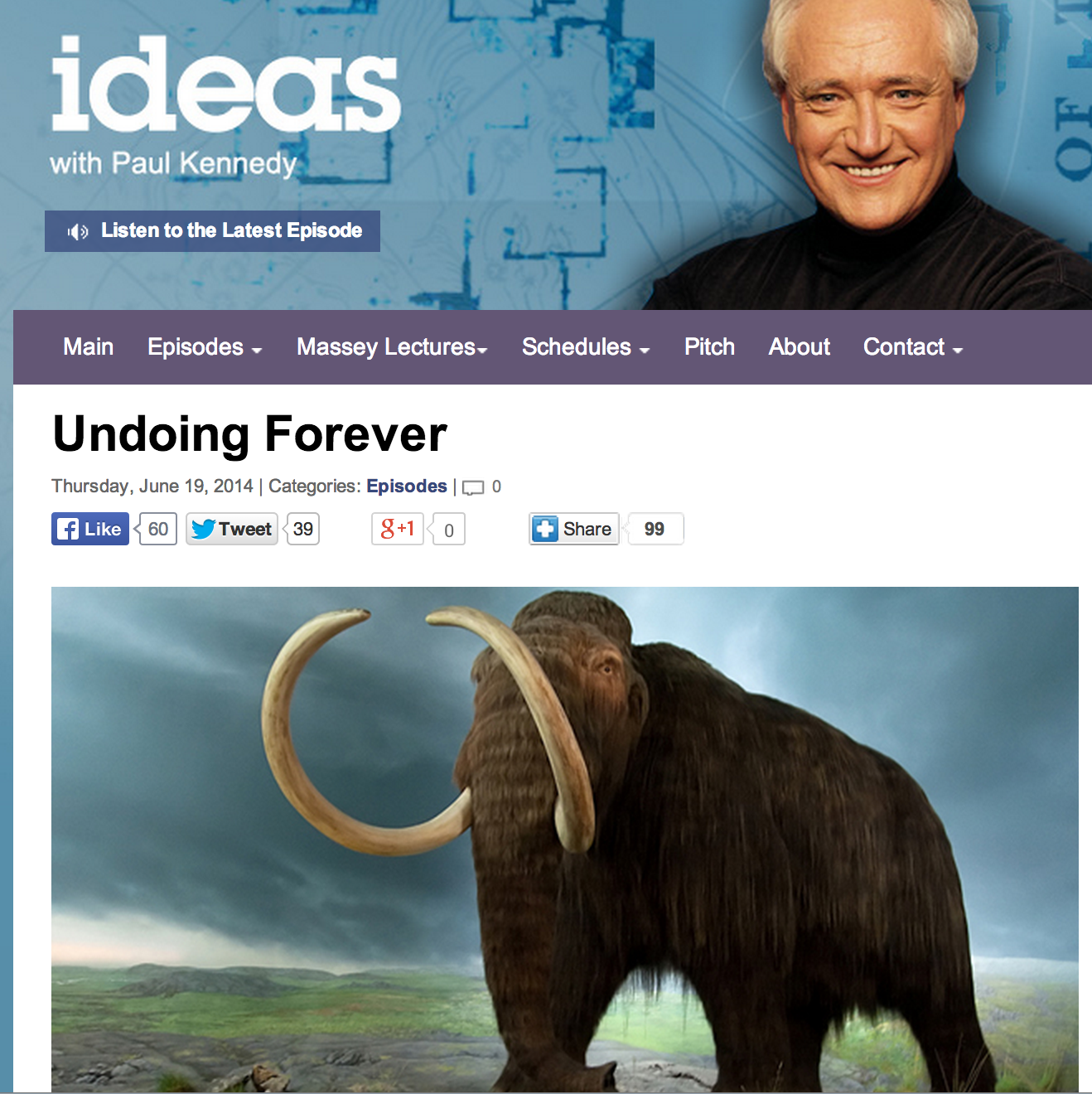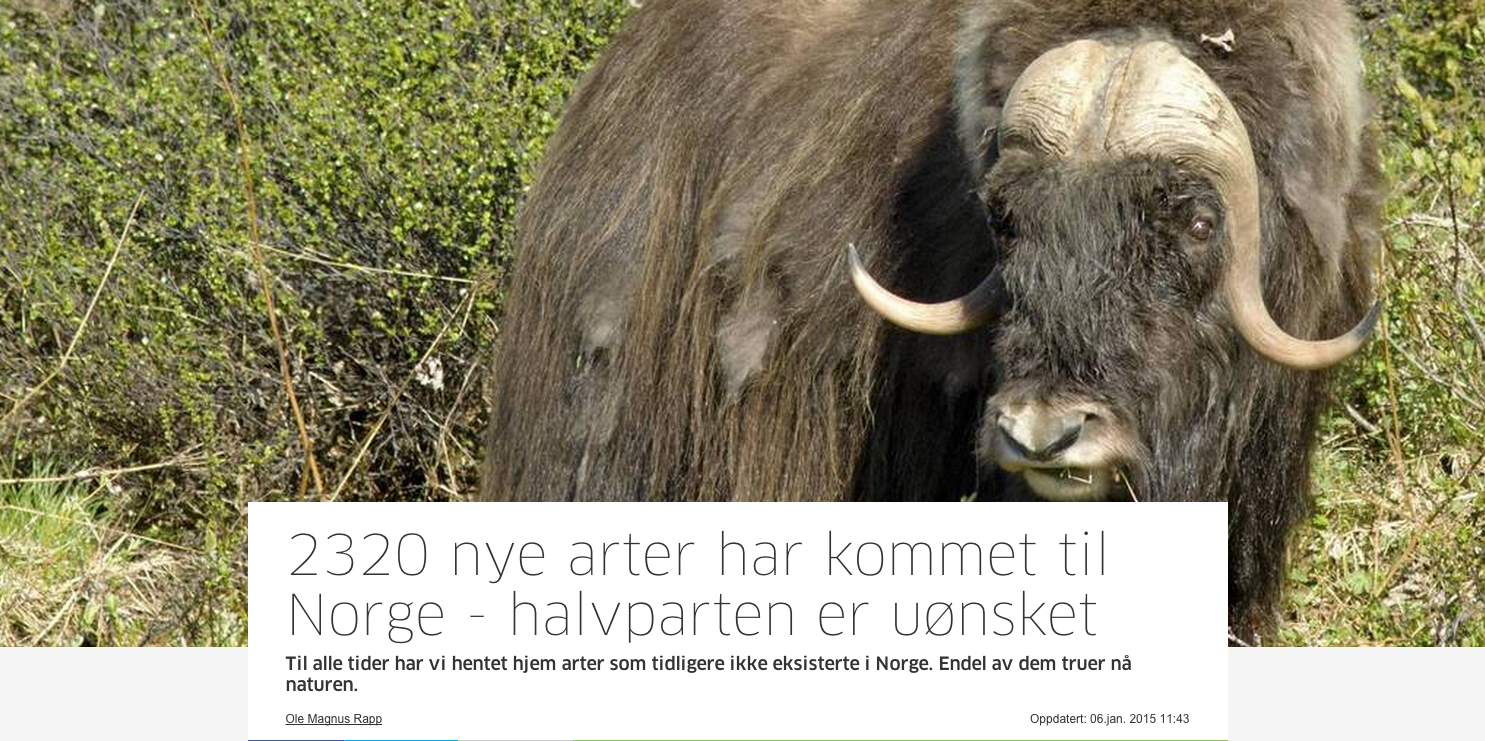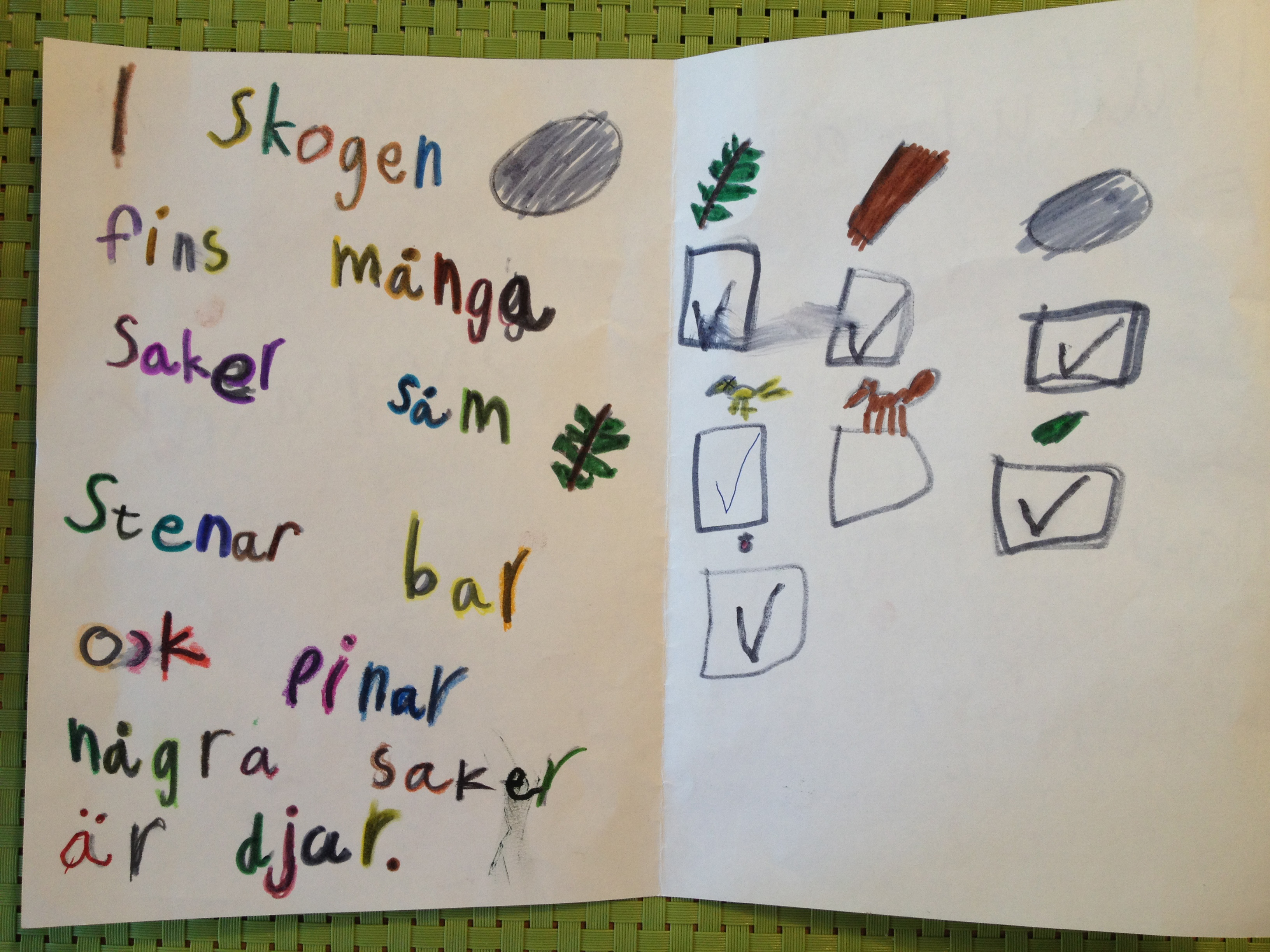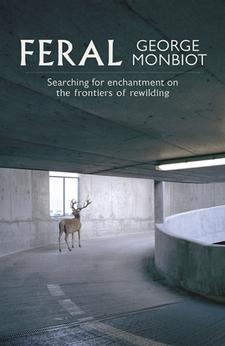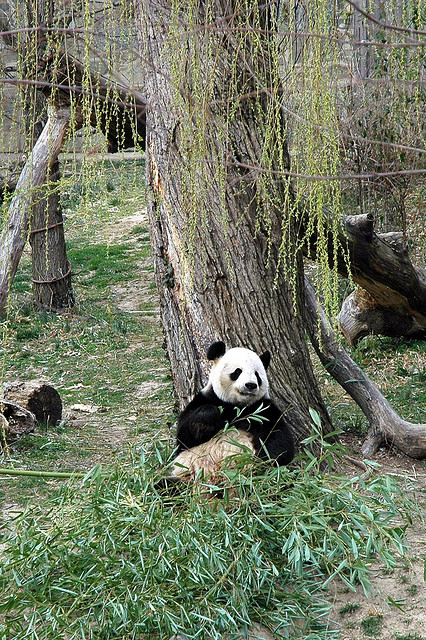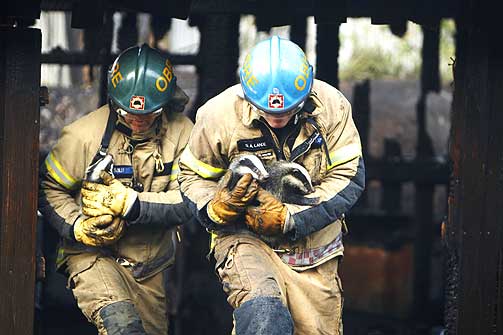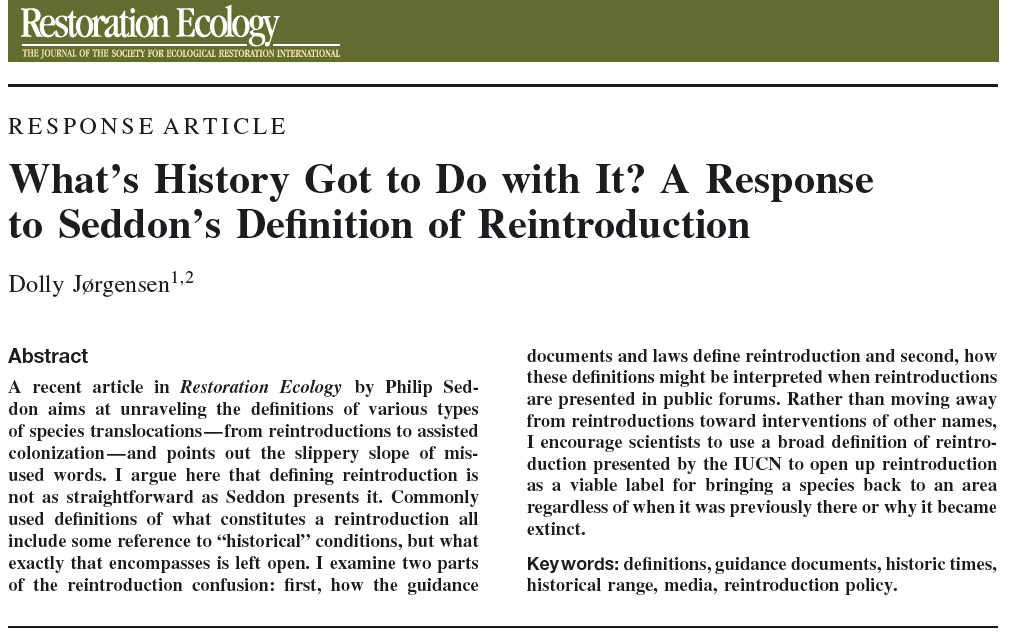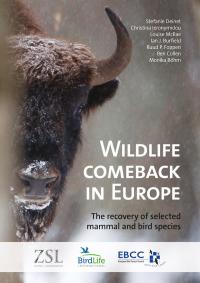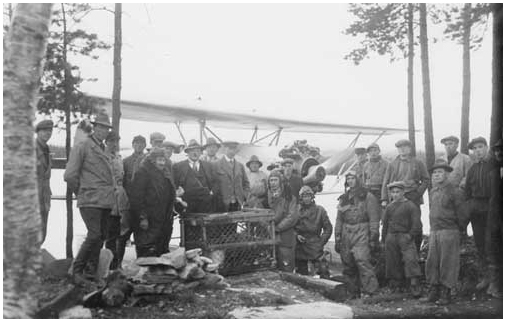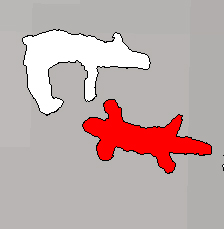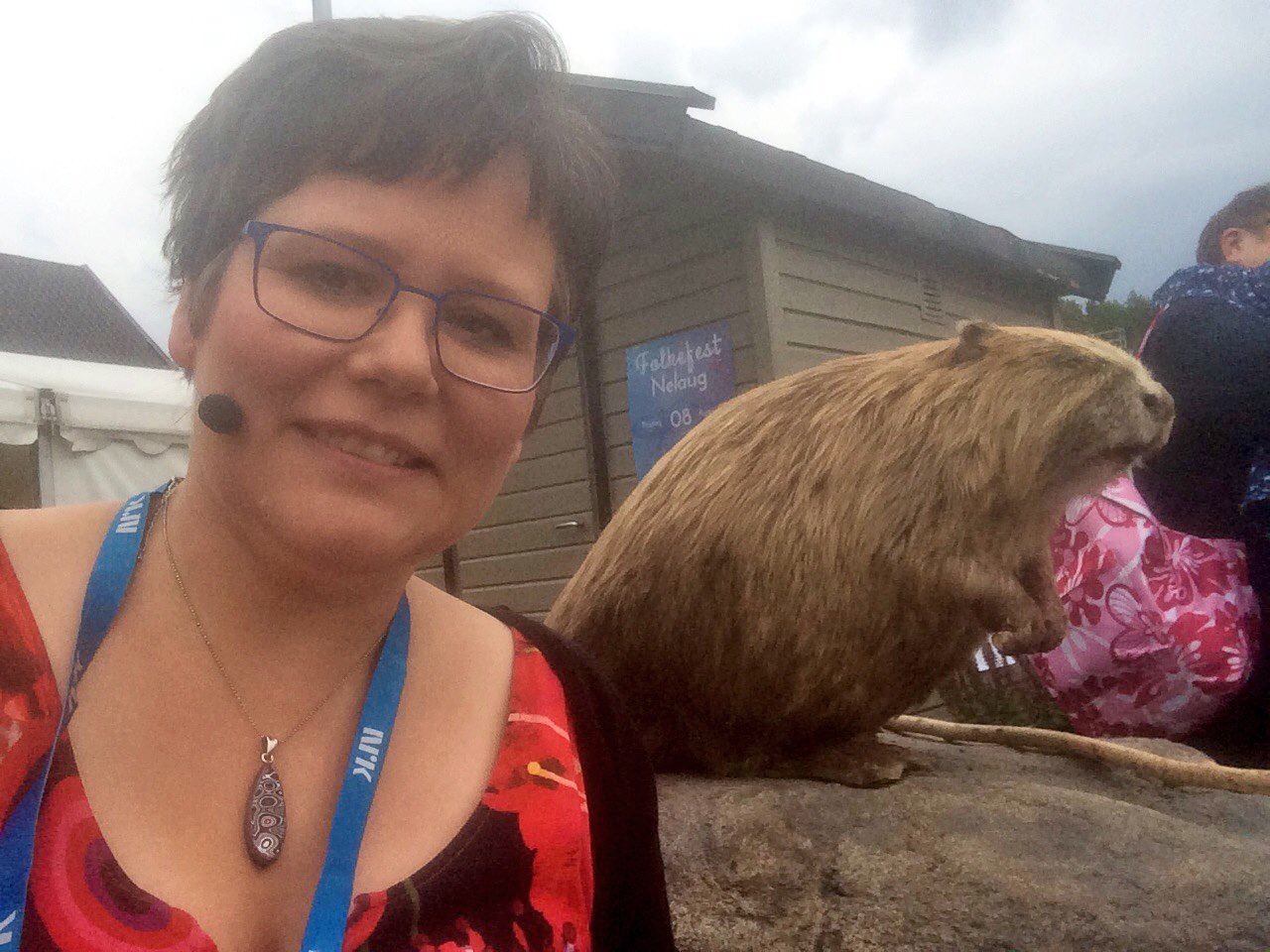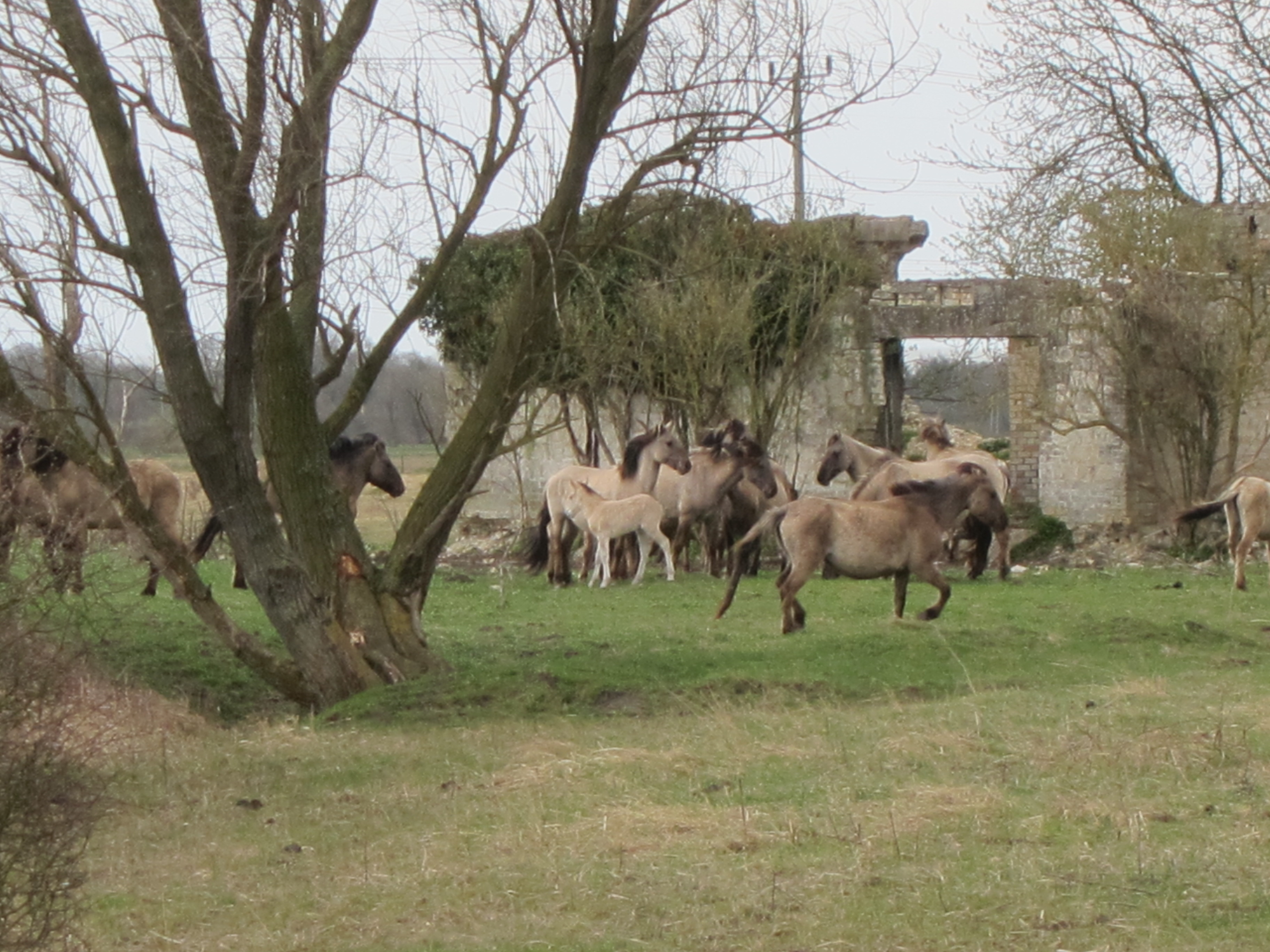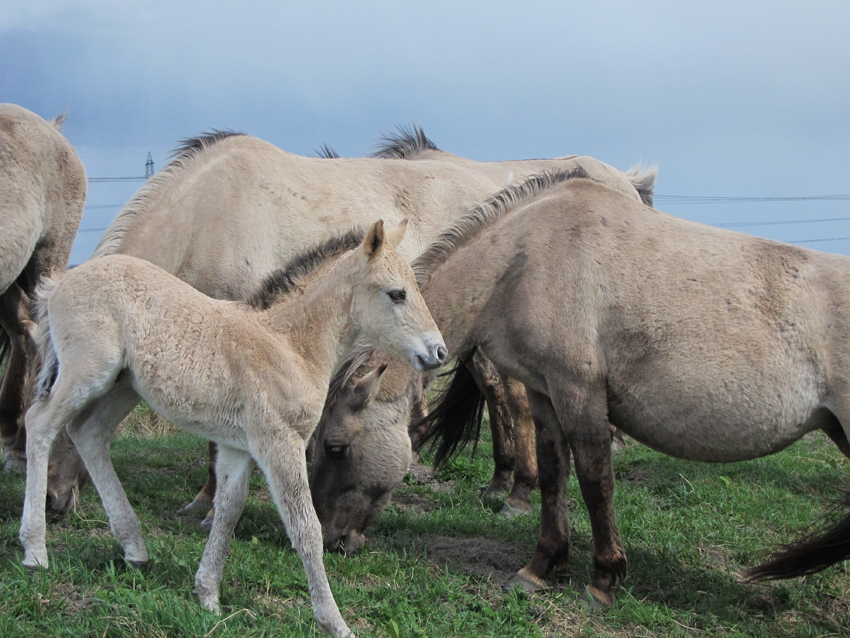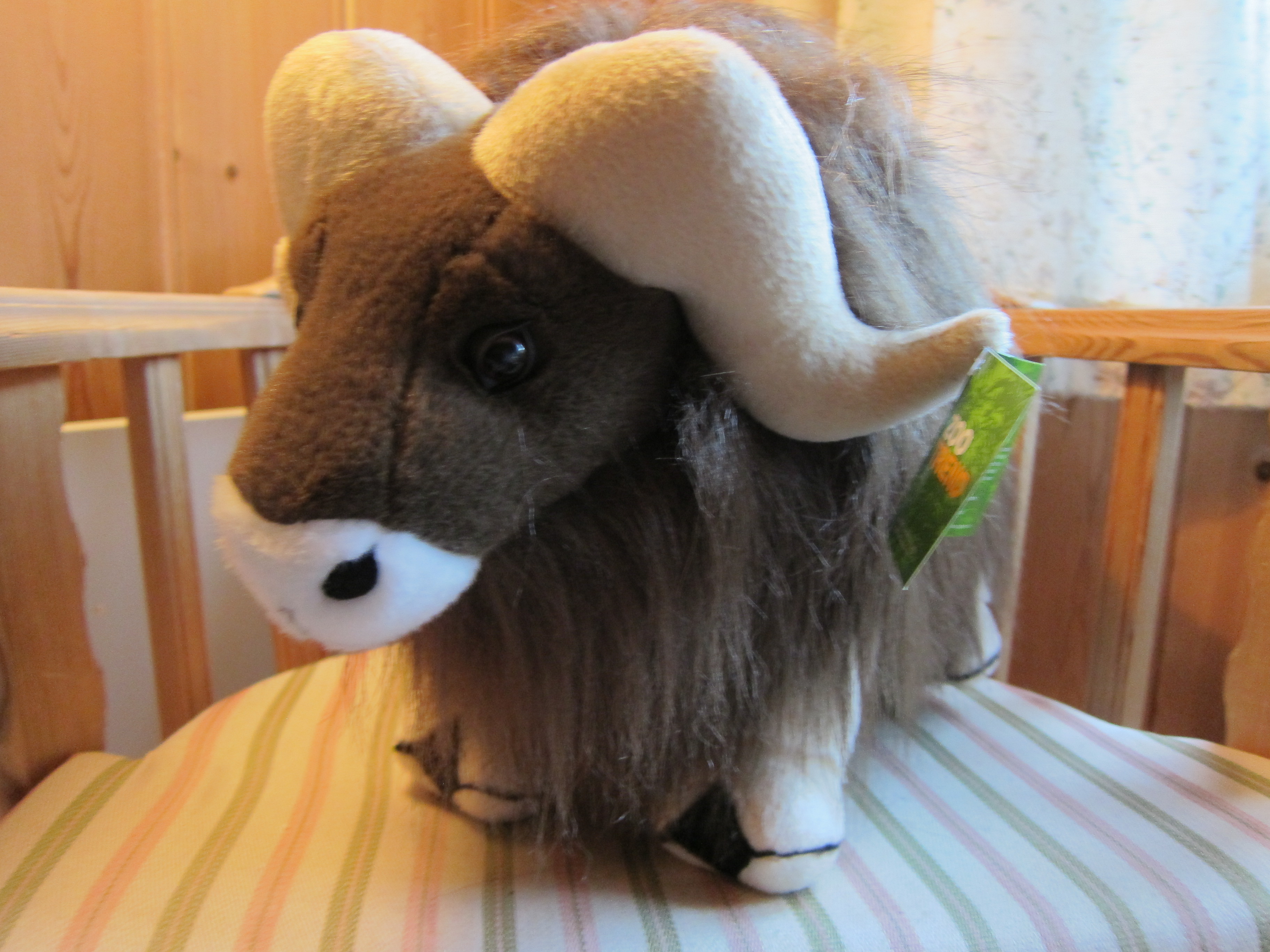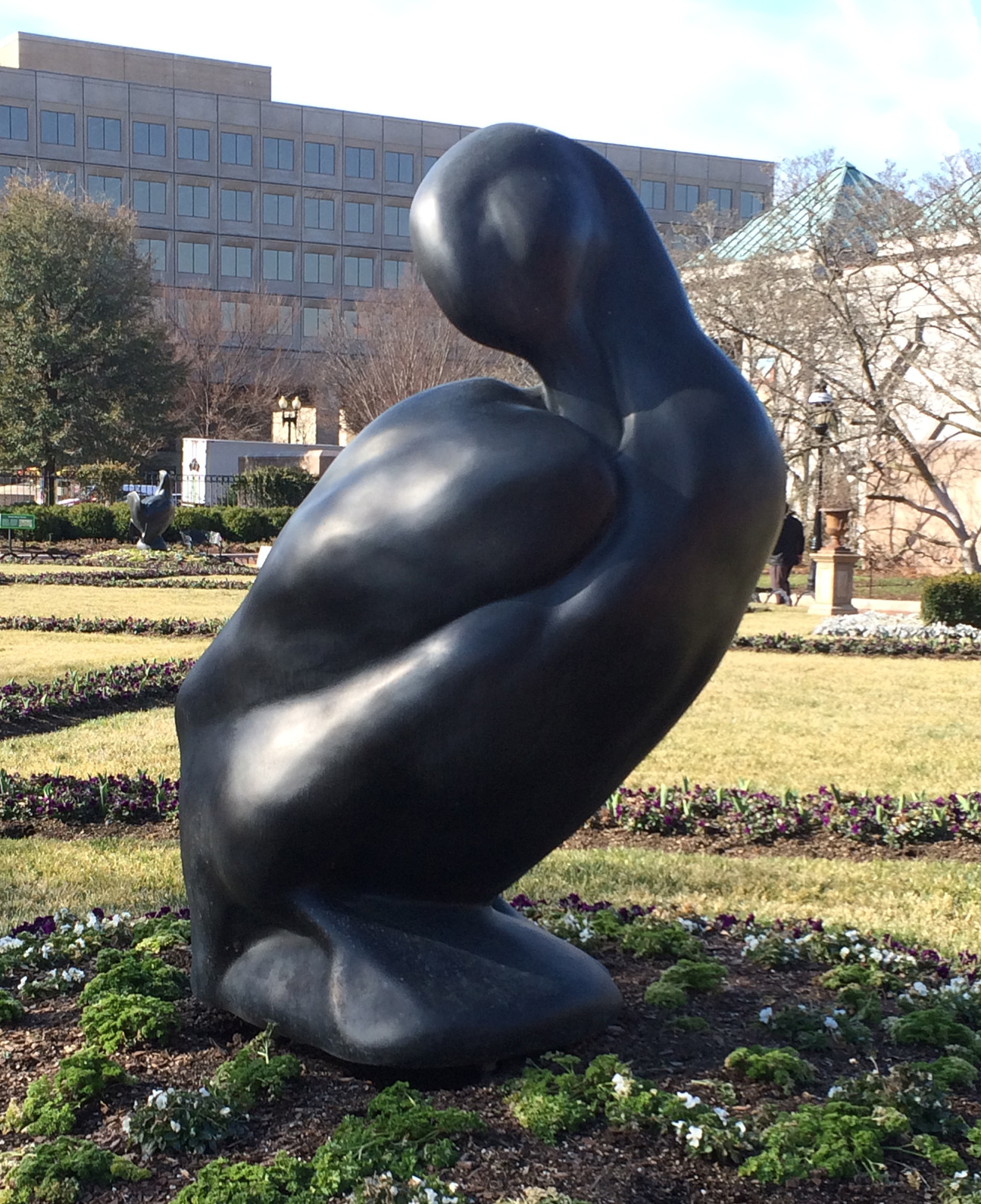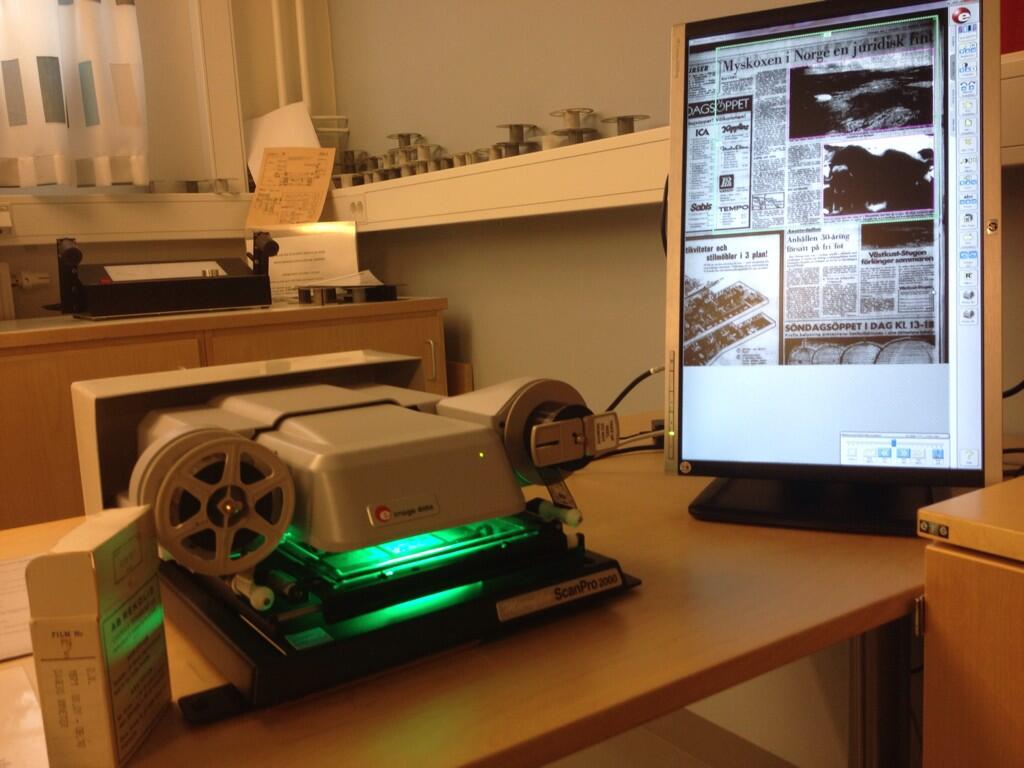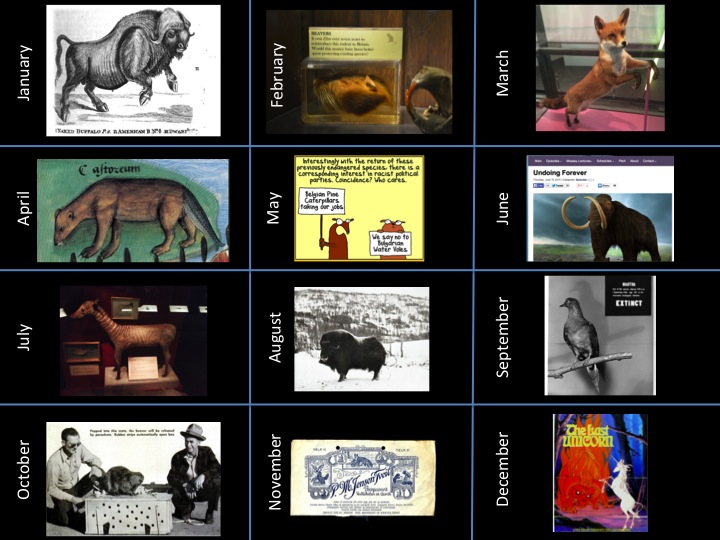rewilding
-
A Sami view of muskox
Last week I had the pleasure to participate in The Future of Wild Europe early career researcher conference held in Leeds, England. I gave a keynote address “Conflict in a wilder world: Of muskoxen and men in Scandinavia” on the second day of the event (you can watch my talk here in its entirety). If you’ve kept up with my work on this project, talking about the muskoxen which were reintroduced to the Scandinavian peninsula is nothing new for me. I looked at the muskox relocation from the muskox’s point of view in a 2014 talk I gave at the Rachel Carson Center for Environment & Society (which you can watch online) and…
-
Reintroduction and European nationalism
The results in the EU parliamentary election aren’t yet in tonight, but early returns show a rise in right-leaning nationalistic parties like National Front in France which is going to come out with around 25% of the vote. These parties are basically anti-immigrant and anti-Europe. Could this rise in nationalism roll over to reintroduction projects? This week a group of 17 European bison (Bison bonasus) were released in Romania (see the Guardian story with video). These animals join the bison from two prior reintroductions–a herd of 5 in 2012 and 5 more in 2013. Bison have been extinct in the Carpathian mountains of Romania since 1762. They survived in the wild in…
-
Ranking reintroduction
I recently finished reading Feral: Searching for Enchantment on the Frontiers of Rewilding by George Monbiot for an article I’m working on about rewilding. Much of Monbiot’s vision for a “rewilded” world is based on animal reintroduction. He presents a table of large mammals and birds that could be reintroduced in Britain in which he gave scores from 1-10 indicating his perception of the “suitability” of the species. He writes that the highest scores are the reintroductions that might be tried first, on the grounds that they are most likely to succeed, to be politically acceptable and to help restore dynamic processes in the rewilding lands or seas of this country…
-
Wildlife Comeback Report
A few months back, in September 2013, the conservation initiative Rewilding Europe issued the “Wildlife Comeback in Europe”. The report was written as a joint effort with the Zoological Society of London (ZSL), BirdLife International, and the European Bird Census Council (EBCC) and got international news coverage, including articles in BBC News and New York Times. I haven’t had the chance to write about the report, but I wanted to take a few minutes to reflect on it because of its potential reach. Unlike most environmental news these days, the message was positive. The BBC article quoted Prof Jonathan Baillie, director of conservation at the Zoological Society of London, as saying We’re trying…
-
Reflections on rewilding
I have recorded a new podcast with Jan Oosthoek at Environmental History Resources called “Desire for the Wild – Wild Desires? The Trouble with Rewilding”. In the podcast, I offer some reflections about a workshop I attended back in the spring at Cambridge and Wicken Fen in England. Paul Warde wrote up his own thoughts about the workshop for the project’s blog immediately afterward, so this was my chance to follow suit. During the workshop, I posted about the grazing animals being used to “rewild” Wicken Fen and questioned their “wildness”. My concern is not with the use of ponies or cattle to manage vegetation at Wicken Fen, it is…
-
Wild Again?
I previously wrote about the word reintroduction and how the prefix ‘re’, which usually means ‘again’, is not working like that in this word. The species being reintroduced was not introduced and then being introduced again; such a situation would be contrary to many people’s fundamental understanding of reintroduction as only applying to species that got to where they are by themselves in the past. This week, I’m at a workshop about ‘rewilding’ at Cambridge. It’s another case of a ‘re’ word, so the question is: Is ‘rewilding’ really bringing back a wild that had been there in the past? I went on a site visit as part of the…
